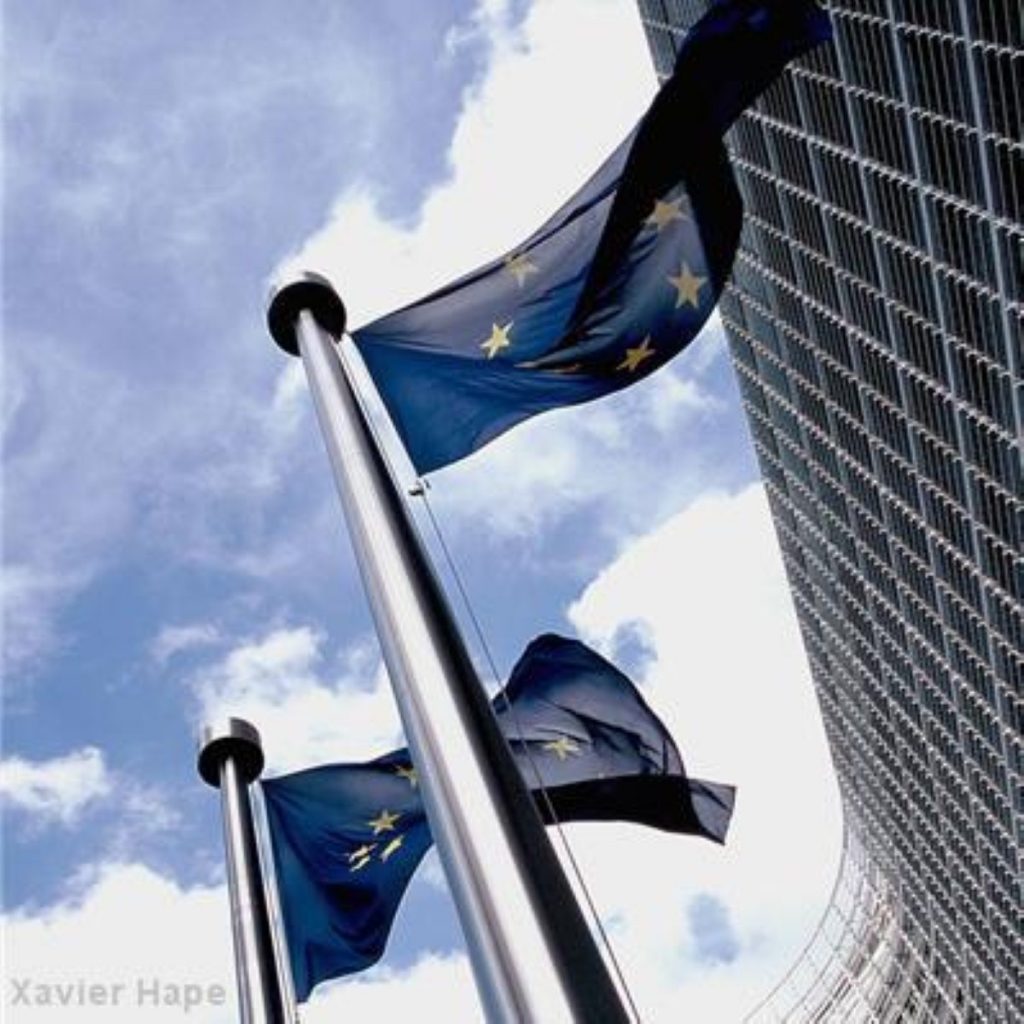Video report: How corporate lobbyists shape EU law
Ahead of a European Parliament vote on whether to lift the budget restriction placed on the Commission’s expert groups, this video report shows how corporate lobbyists target these advisory groups to influence and shape the legislative process at the earliest stages.
Business lobbyists dominate the Commission’s advisory groups on a vast range of issues such as environmental pollution and consumer protection. They are able to use this position to capture the policy agenda, arguing against regulation, or delaying the introduction of tighter standards designed to protect the environment or public health. Public interest groups are vastly under-represented – and as a result we see business-friendly laws that fail to protect the wider interests of society.
Research published by the Alliance for Lobbying Transparency and Ethics Regulation (ALTER-EU) has revealed that two-thirds of DG Enterprise’s non-governmental advisory groups are dominated by big business interests, with more than 480 big business representatives providing the Commission with advice2.


The European Parliament’s budget committee blocked funding for the work of expert groups in November 2011 because of concerns over the lack of balance of interests. However, they are considering lifting the restriction after the Commission said it will engage in a process with the Parliament to tackle the problem.
Although the Commission recognises that there is a problem, transparency campaigners say that Commission’s proposal to tackle the dominance of corporate lobbyists in its advisory groups does not go far enough. New rules must be introduced to protect the legislative process from corporate capture.
Corporate Europe Observatory and other campaigners are calling for changes to the rules to ensure full transparency including the names of all expert group members and their declarations of economic interests, details of meetings, including the agenda and minutes, and a clear commitment to ensure that all expert groups are balanced3.












